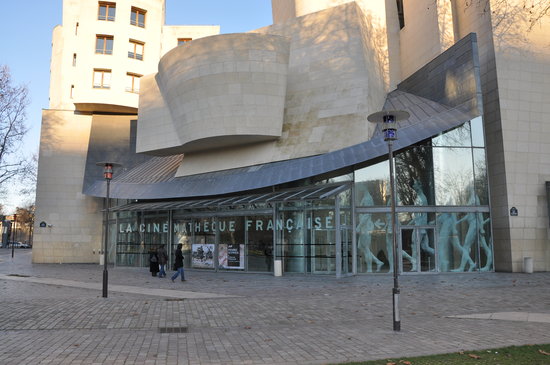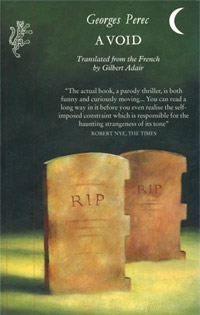(Picture from The Independent)
I was instantly hooked on The Dreamers, watching it again and again, as well as devouring the book (in French, as I'm a Francophile just like Adair). I soon had no need to watch it, as I knew the entire film by heart! The intoxicating mixture of Parisian glamour, the excitement of May '68 and above all the utmost importance of cinema for these characters seemed to sum up everything I wanted at the time. As a suburban adolescent with a U-rated life, I felt just like Matthew, living vicariously through films, wishing I could join them at the Cinémathèque. When I eventually lived in Paris, I had Matthew's words ringing in my ears: "Only the French, only the French would house a cinema inside a palace". I was saddened that the Cinémathèque was no longer in the Palais Chaillot, nor a functioning cinema (although the new building in Bercy is visually arresting and I did get to see the robot from Metropolis there). I longed to enjoy the world of the film, the world in which Adair got to share, the cult of the cinema that flourished in 1960s Paris, where cinéphiles gathered at the front of the screen to catch images before they were diluted and voraciously discussed them afterwards, a world a million miles away from the modern Cineplex.
Through The Dreamers I discovered May '68, and a whole world of French history and culture, so it will always have a special place in my heart. But I was so caught up in this world of films, art, social history and politics that I didn't think much more about Adair. It was only years later when studying Georges Perec at university that I discovered that Adair had, to universal awe and acclaim, translated Perec's La Disparition. This is no mean feat as both the original and Adair's translation, A Void, are about 300 pages written completely without the letter E. While the name Adair meant nothing to the rest of my classmates, I was taken back to The Dreamers and struck by just how multi-talented Adair really was.




No comments:
Post a Comment